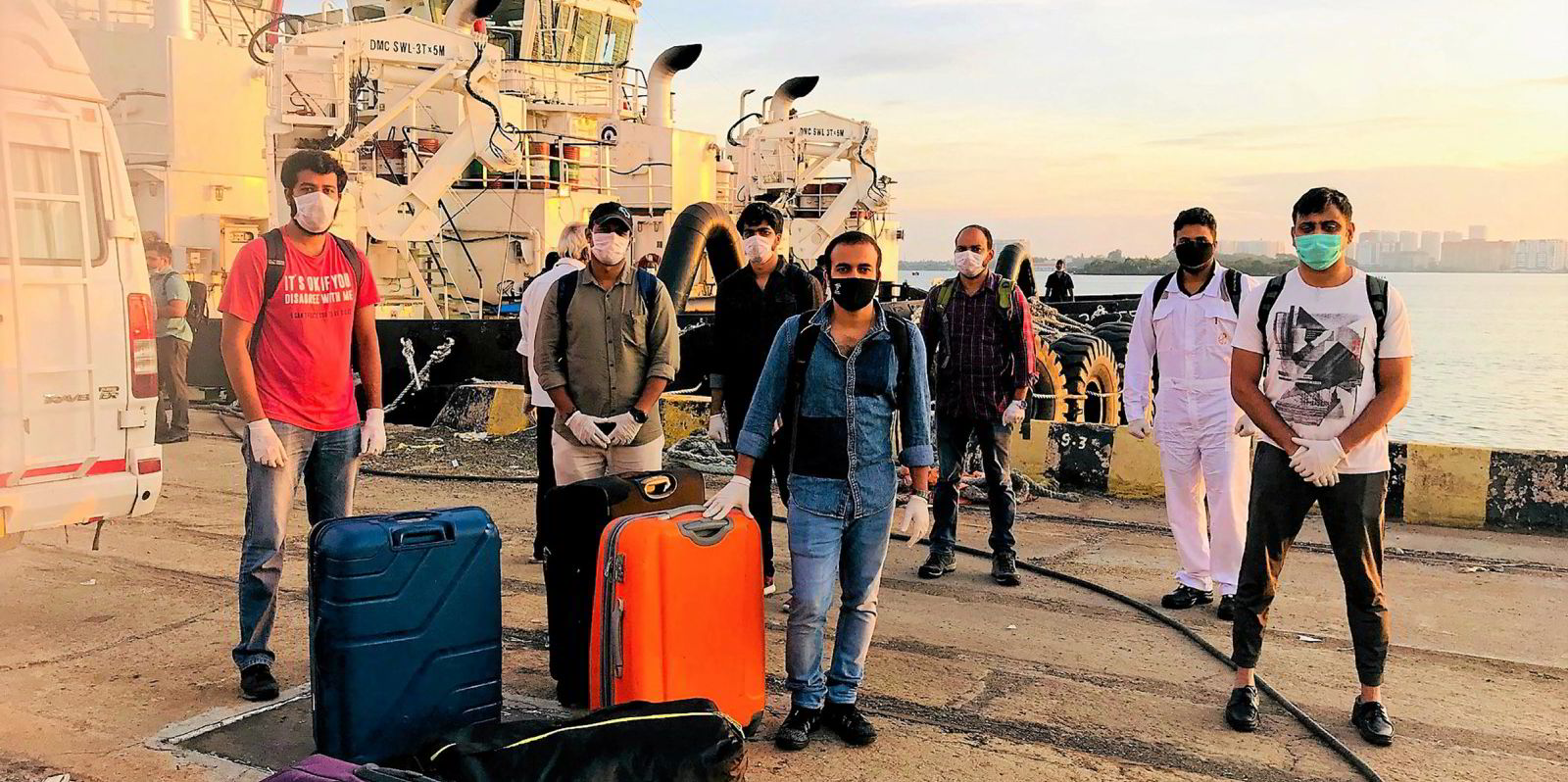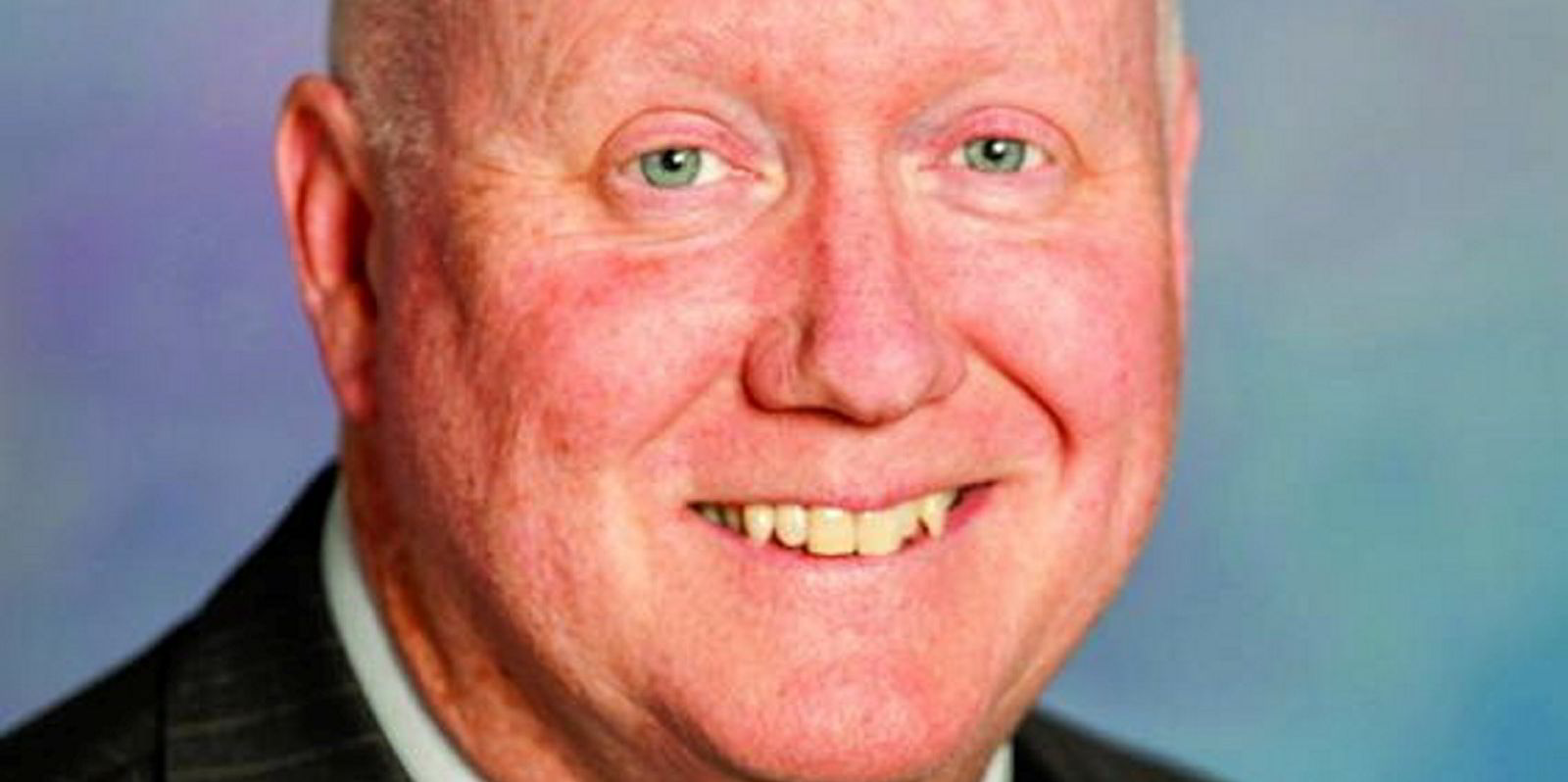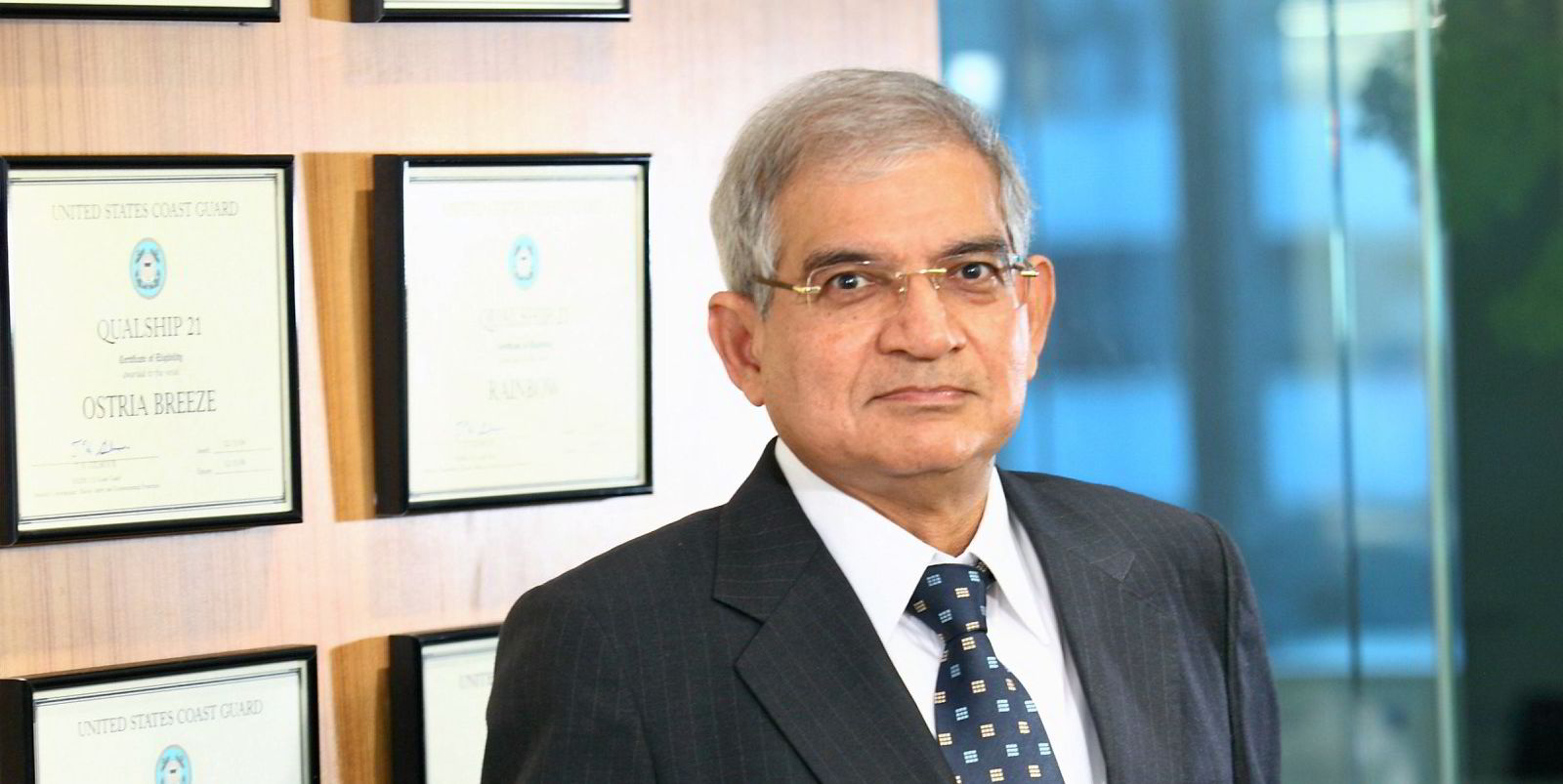Numbers can be hard to come by, but suicide attempts by crew members rose during the crew change crisis, a seafarer advocate said.
Philip Schifflin, the director of the Center for Mariner Advocacy at the Seamen's Church Institute, said crews were often working long beyond their contracts causing undue stress.
Schifflin spoke at the Connecticut Maritime Association's annual conference in Stamford on Friday.
He said seafarers work 10 to 12 hours a day, seven days a week. Stretched out to 11 months and "you see how that can be exhaustion, fatigue, leading to anxiety, mental stress. This is all compounded, 'By when is this going to end?'"
He said the industry did not keep extensive records of suicides or suicide attempts, but said there was significant anecdotal evidence to suggest the increase.
"I don’t know if it meets the legal definition of a human rights issue, but it does seem to cross the ethical line that we all need to collaborate on," Schifflin said.
At the outset of the Covid-19 pandemic, governments worldwide locked down, including closing their borders to seafarers looking to get off ships and others looking to sign on.
The reticence led to as many as 400,000 seafarers trapped aboard their ships working beyond safety standards while industry groups from labour to shipowners lobbied for their crews to receive key worker status.
That status, which would expedite their movement internationally, still has not been granted, but the increasing openness of economies has since cut the number of overdue seafarers in half.
"I think the industry definitely stepped up," said Mission to Seafarers director of advocacy Ben Bailey.
"Many of the seafarers that we have been working with and supporting in different ports around the world have talked openly about having relationships with people on shore that perhaps they have never had before.”
Still, many are considering leaving the industry altogether, he said.
“Of course, seafarers are getting anxious, they’re frustrated and there’s anger among the seafaring community," Bailey said.
While the industry has long talked about "sea blindness," or the lack of understanding much of the world has of shipping and supply chains, fixing that is increasingly important if another crew change crisis in the future is to be avoided, he said
"We have to come together and find a way to press upon the international community the importance of shipping and the importance of seafarers," Bailey said.






